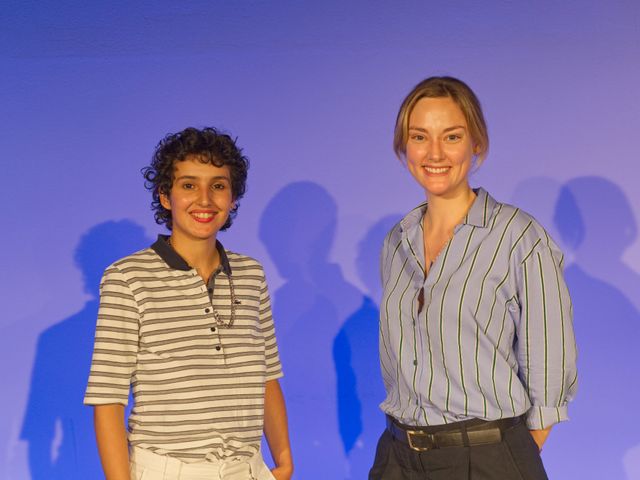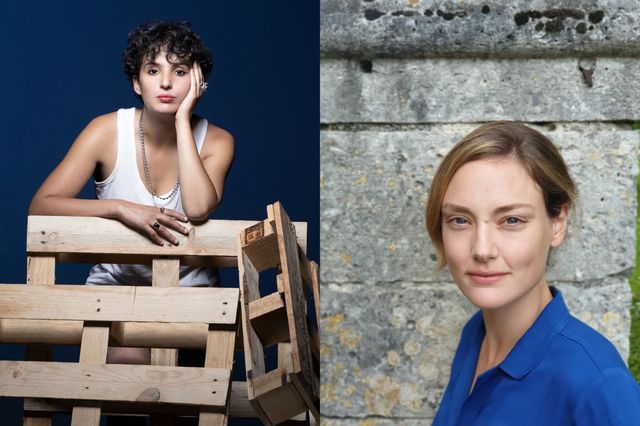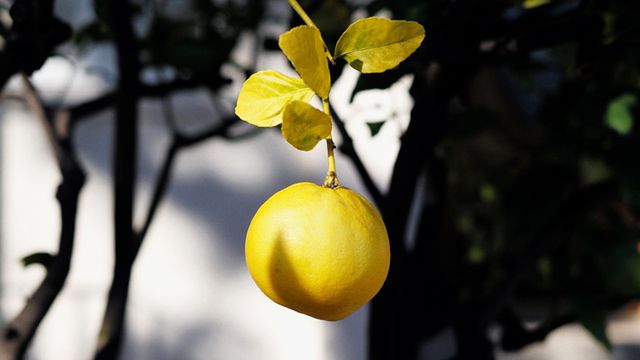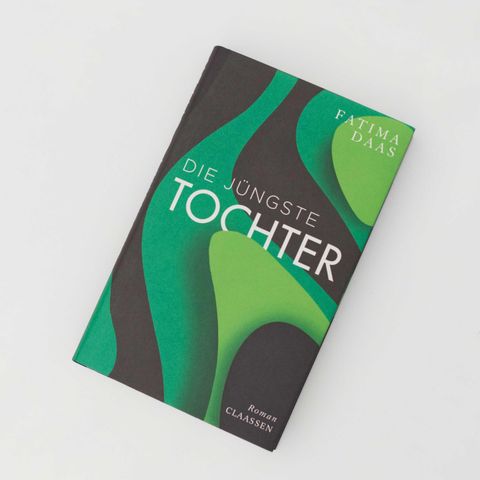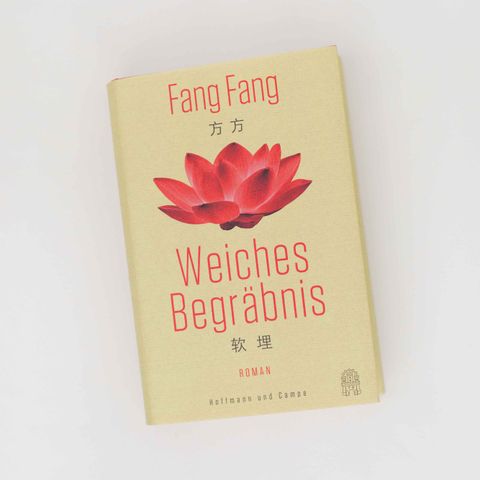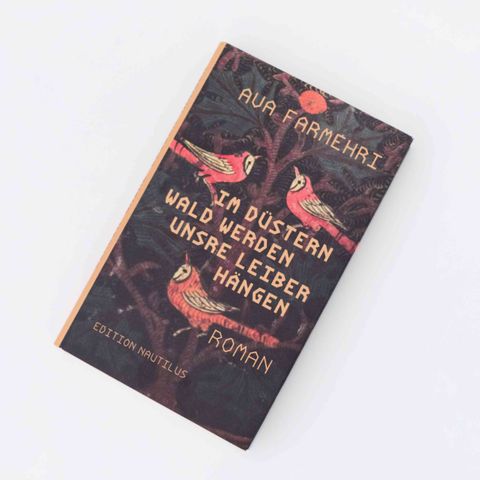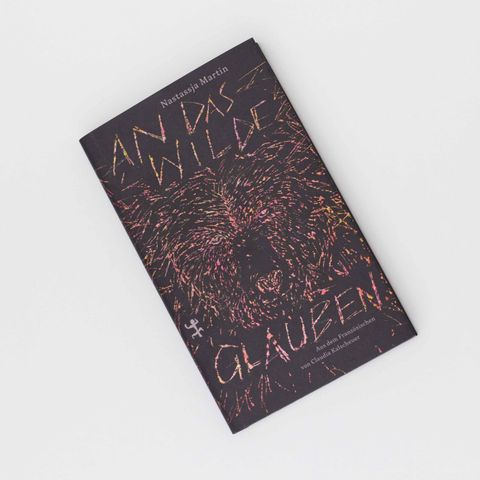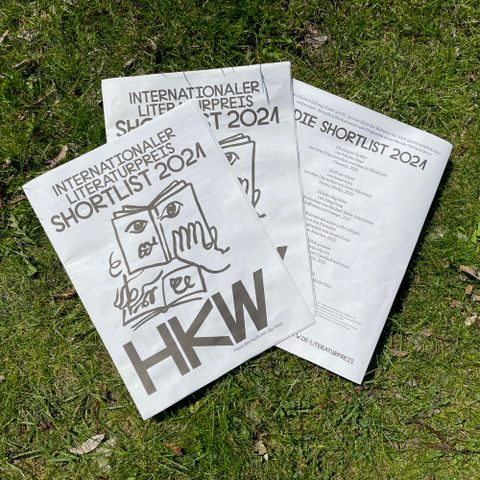Dec 1, 2020–Jun 30, 2021
Internationaler Literaturpreis 2021
Prize for Contemporary Literature in Translation
Award Ceremony June 30, 2021
In times of crisis, it matters more than ever what kind of stories we tell, which scripts and plots we follow and whose voices we trust. In 2021, the Internationaler Literaturpreis will again be searching for books that do something with language – precisely because they reach us in translation.
Award winners 2021
The 13th Internationaler Literaturpreis goes to Fatima Daas and Sina de Malafosse for the novel Die jüngste Tochter (The Last One) and its translation from French. Fatima Daas receives a prize of 20,000 €, Sina de Malafosse receives a prize of 15,000 €.
Die jüngste Tochter is an autobiographical novel about a young woman in a Parisian suburb searching for a life that can reconcile the seemingly irreconcilable: being queer and a devout Muslim.
With this book’s vulnerability, Fatima Daas demonstrates her confidence in the power of literature. In the story of a young woman who bears the name of the Prophet’s youngest daughter, she anticipates a life that we come to know through reading. Fatima Daas chooses such precise and powerful words knowing that she needs these words to create a world in which she wants to live. And she tells about this world in a tremendously contemporary way, drawing on traditions of Arabic-language literatures with great naturalness and range. The rhythms, the repetitions, the magical connotations of individual words echo the sura structure of the Qur’an, contemporary Arabic poetry and rap.
In her translation, Sina de Malafosse manages to preserve the precision and poetic play in equal parts, more than that, she allows readers a unique insight into the heteroglossia of living French; she lets words sparkle in their ambiguity without losing their meaning in endless play, without ever depriving the narrator of control over all that she wants to say. When a translation succeeds with such virtuosity as it does here, we readers become aware that two languages don’t border on each other, that one doesn’t translate from one country to another, that the imagery of the bridge for translation inadequately assumes they are two separate (linguistic) worlds. Languages do not border on each other; they are folded into each other. One might pull one out of the other and thus both inside out. Sina de Malafosse’s translation thus unfolds from a diverse French into which a diverse Arabic is folded.
For all the turmoil and pain that the novel deals with, every line radiates narrative joy and curiosity, it is open to the world and the future, it is alive and kicking, it is vulnerable and preemptive, it is – in the best sense of the word – young.
– Dominique Haensell and Annika Reich for the jury
